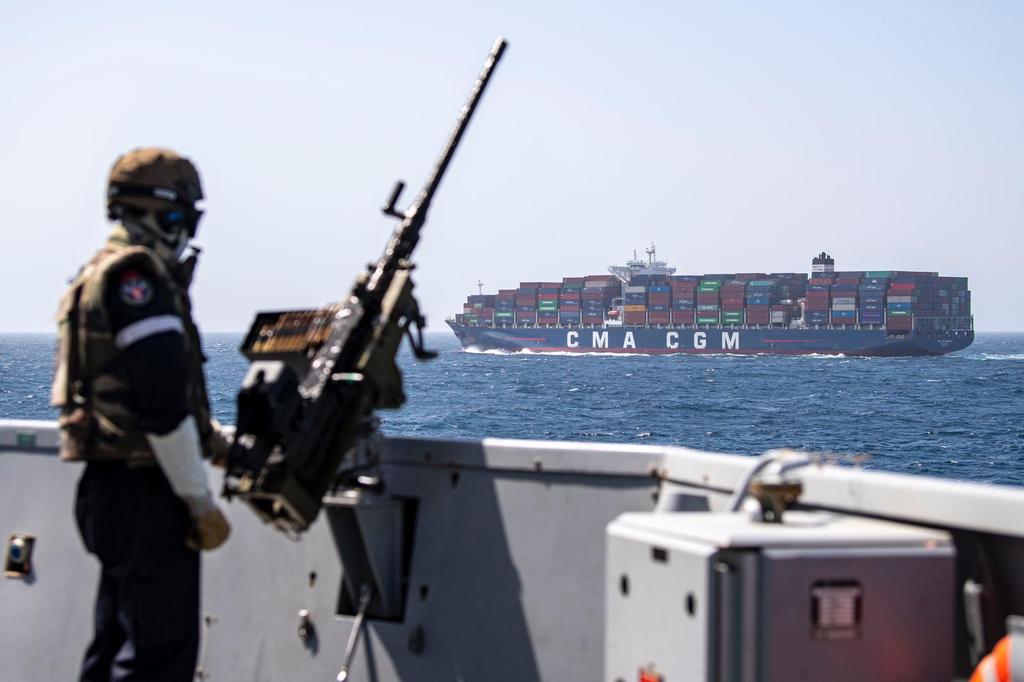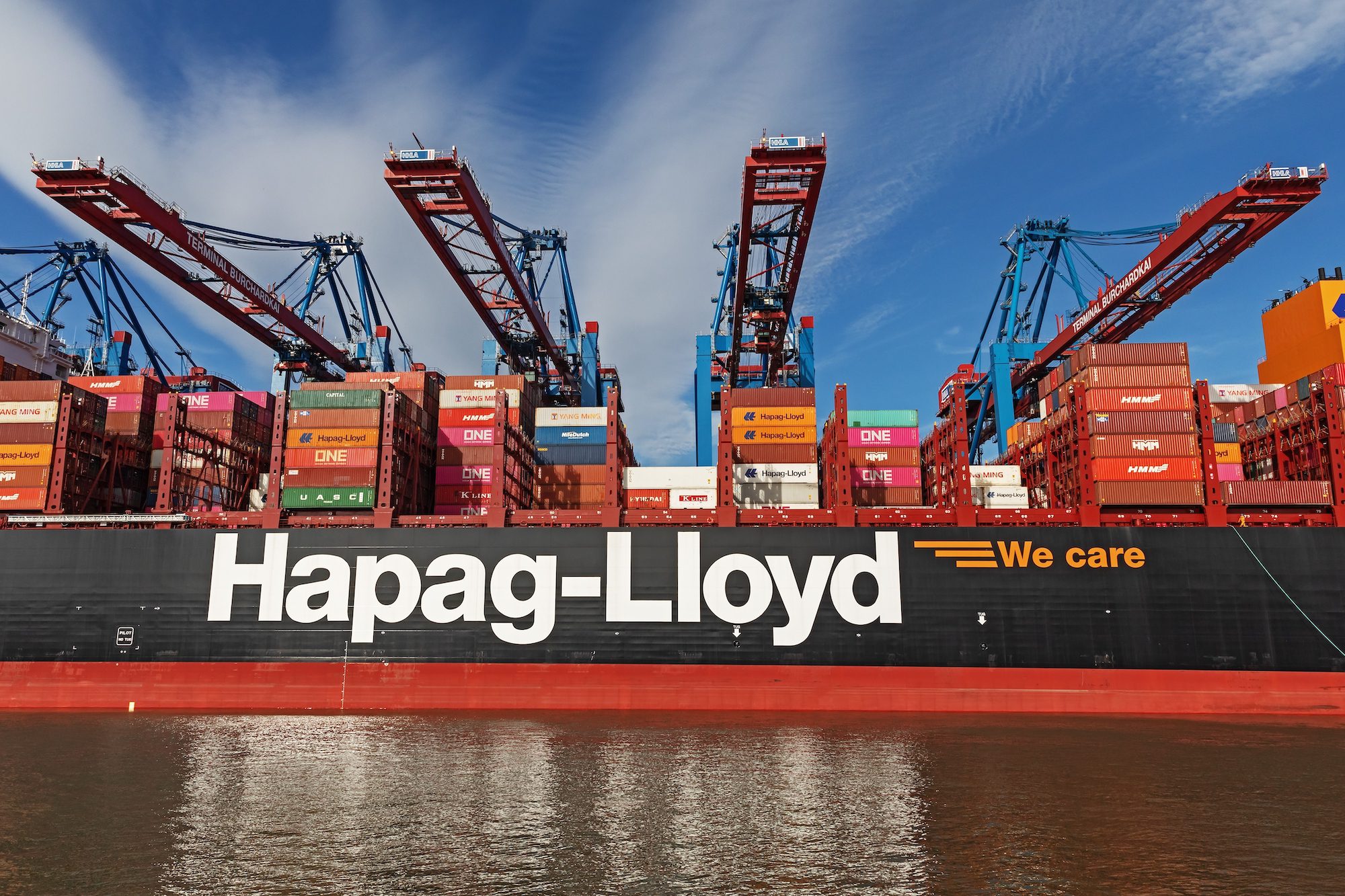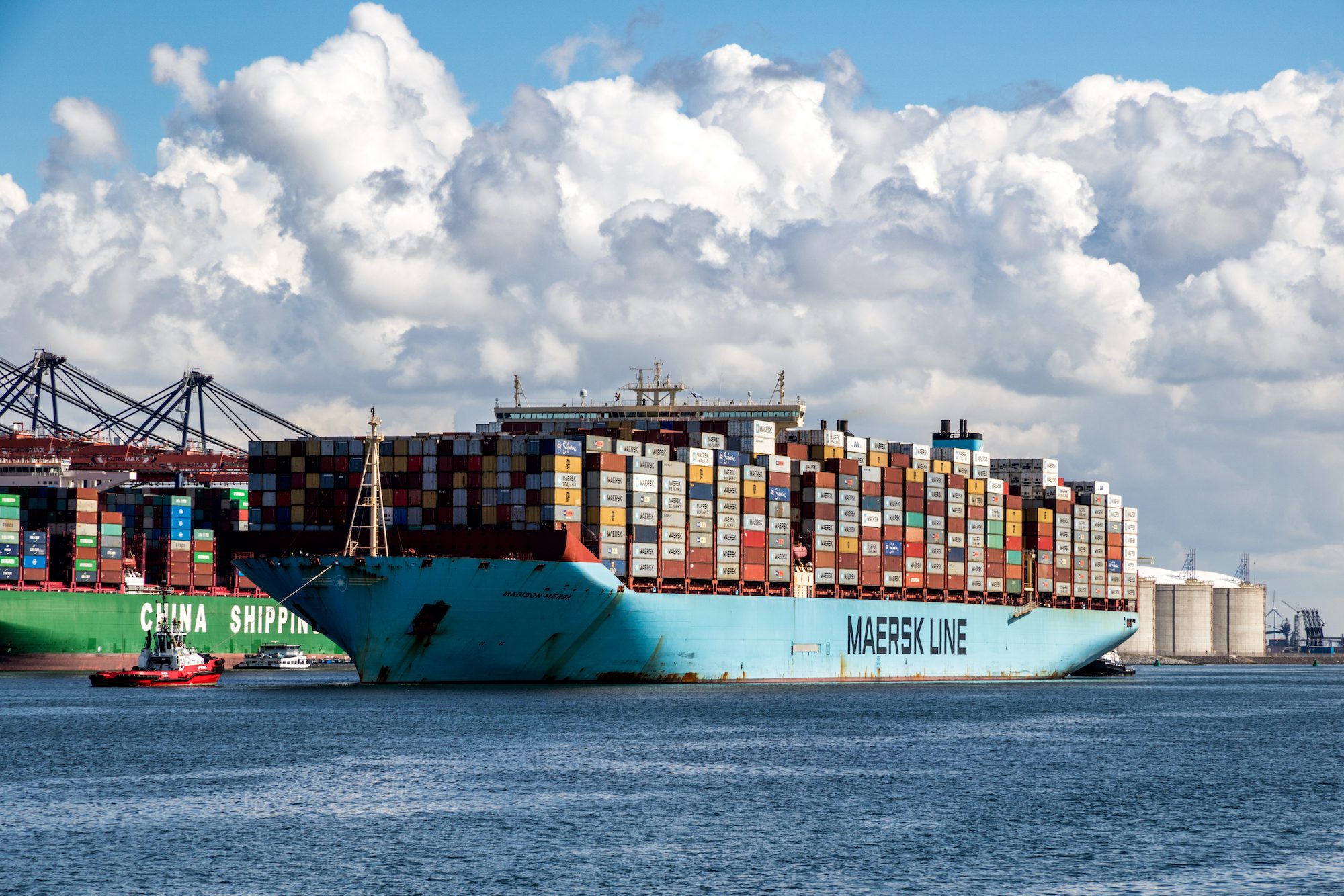A potential breakthrough ceasefire agreement between Hamas and Israel, set to begin this Sunday, could potentially ease maritime tensions in the Red Sea region, though Houthi rebels in Yemen remain firm on their conditions for ending attacks on commercial vessels.
The comprehensive deal, announced Wednesday by Qatar’s Prime Minister, establishes a six-week initial ceasefire and includes the gradual withdrawal of Israeli forces from Gaza. The agreement comes after 96 hours of intense negotiations involving Egyptian and Qatari mediators working alongside U.S. representatives.
Maritime stakeholders are closely monitoring the development, as the agreement could be a turning point for vessels in the Red Sea region, where ships have endured numerous drone and missile attacks since October 7, 2023. These attacks have forced much of global trade to divert around the Cape of Good Hope—significantly extending voyage times while raising both costs and emissions.
However, Houthi forces in Yemen have set strict conditions for ceasing their maritime attacks. A spokesperson stated their military actions will only stop when “all military operations by the IDF are stopped, the siege on Gaza is lifted, humanitarian aid is allowed to flow freely, occupied territories in the Gaza Strip are withdrawn, and all military actions by the UK, US, and Israel in Yemen are ended.”
The shipping industry remains cautious. Lars H. Barstad, CEO of tanker giant Frontline (FRO), maintains that shipowners are unlikely to risk their crews and vessels until safety is absolutely assured.
The agreement’s broader implications for regional stability extend beyond maritime concerns, potentially helping to defuse tensions that have sparked conflicts across multiple areas including Lebanon, Syria, Yemen, and Iraq.
Editorial Standards · Corrections · About gCaptain

 Join The Club
Join The Club











